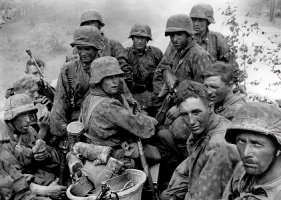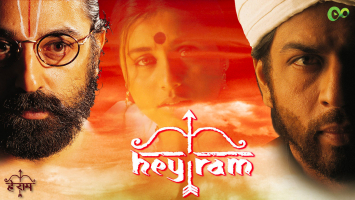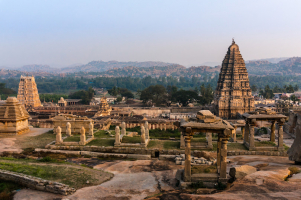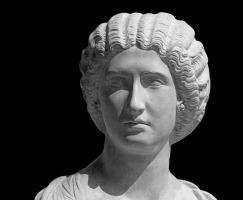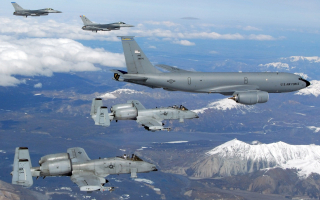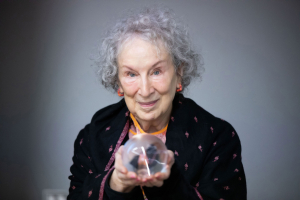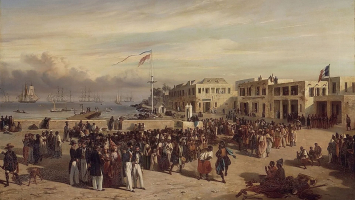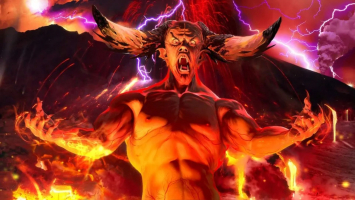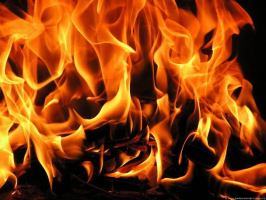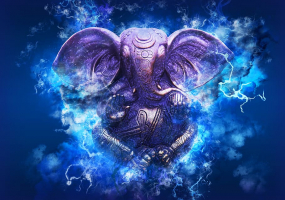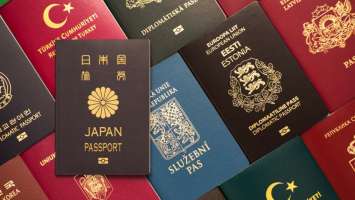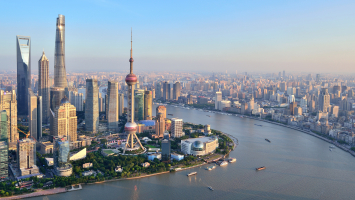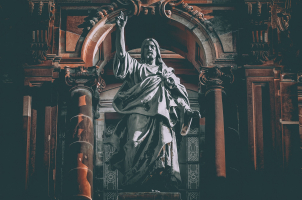Top 10 Most Powerful Colonial Empires of The 20th Century
The 20th century was remarkable in political history, as this was when most countries gained their independence. It was also the century that global ... read more...organizations such as the UN, IMF, and WTO were formed. These institutions become more powerful than any single nation or coalition of nations. Prior to the formation of these institutions, the world was ruled and controlled by a number of countries that colonized other nations. Rule and control are of military, political, economic, and cultural forms. The century saw the formation, rise, and fall of the most powerful colonial empires of the 20th century.
-
British Empire, a worldwide system of dependencies—colonies, protectorates, and other territories—that over a span of some three centuries was brought under the sovereignty of the crown of Great Britain and the administration of the British government. The policy of granting or significant degrees of self-government by dependencies, which was favored by the far-flung nature of the empire, led to the development by the 20th century of the notion of a “British Commonwealth,” including substantially self-governing dependencies that acknowledge an increasingly symbolic British sovereignty. The term was embodied in statute in 1931. Today the Commonwealth includes former elements of the British Empire in a free association of sovereign states.
At its height in 1920, the British Empire was the largest official kingdom in the world - one of the most powerful colonial empires of the 20th century. It controls 14 million square miles of territory or a quarter of the earth's surface. It has territories on every continent and rules between 400 and 500 million people, establishing a dominant position in global affairs. The main cause of British dominance was its industrial progress and technological innovation. During the second half of the 20th century, many countries gained independence from Britain. Its decline in dominance was due to the Second World War, where it accumulated a great deal of debt and was unable to support or afford an empire, and the growth of the United States and Russia, which has now become a global superpower.
- Major Events: British raj, North Africa campaigns, American Revolution, New Imperialism, French and Indian War
- Key People: William Pitt, William Pitt the Elder, Robert Clive, Warren Hastings, Frederick Lugard
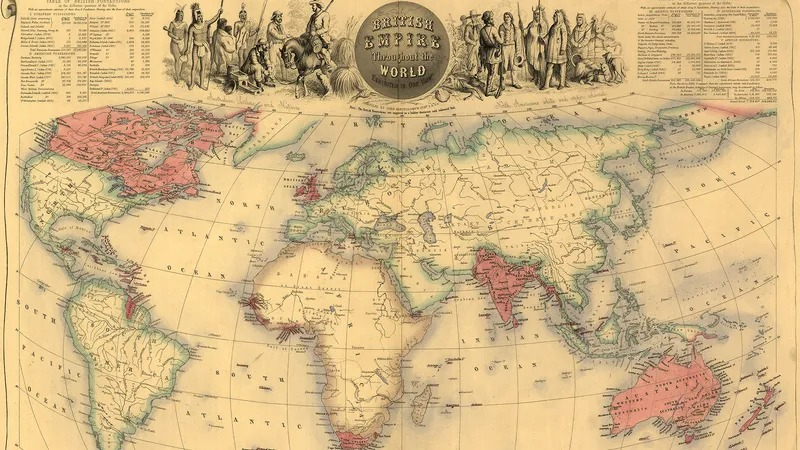
Source: britannica.com 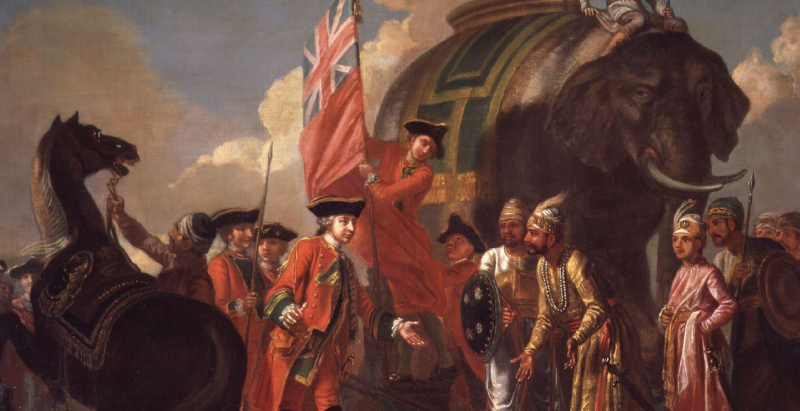
Source: https://www.britishempire.co.uk/ -
The Soviet Union's former northern Eurasian empire stretched from the Baltic and Black seas to the Pacific Ocean and, in its final years, consists of 15 Soviet Socialist Republics: Armenia, Azerbaijan, Belorussia (now Belarus), Estonia, Georgia, Kazakhstan, Kirghizia ( now Kyrgyzstan), Latvia, Lithuania, Moldavia (now Moldova), Russia, Tajikistan, Turkmenistan, Ukraine, and Uzbekistan. The capital was Moscow, then and now the capital of Russia. During the period of its existence, the Union of Soviet Socialist Republics was by area the world's largest country. The Soviet Union was also one of the most diverse, with more than 100 distinct nationalities living within its borders. The majority of the population, however, was made up of East Slavs (Russians, Ukrainians, and Belorussians); these groups together made up more than two-thirds of the total population in the late 1980s.
Also known as the Union of Soviet Socialist Republics (USSR), the Soviet Union emerged after the Russian Revolution of 1917. The Union had control of a multi-ethnic society larger than the Russian Empire. It also has greater military power. The Union underwent massive industrialization that made it a world superpower. In the 1980s, frustration over a bad economy and leadership sparked a flurry of independence movements. An unsuccessful coup by Communist Party hard-liners in August 1991 sealed the Soviet Union's fate by diminishing Gorbachev's power and propelling democratic forces, led by Boris Yeltsin, to the forefront of Russian politics. On December 25, Gorbachev resigned as leader of the USSR. The Soviet Union ceased to exist on December 31, 1991. Therefore, the Soviet Union deserves to be one of the most powerful colonial empires of the 20th century.
- Major Events: World War II, Russian Provisional Government, the collapse of the Soviet Union, Operation Barbarossa, Russo-Polish War
- Key People: Vladimir Lenin, Joseph Stalin, Nikita Khrushchev, Leon Trotsky, Mikhail Gorbachev
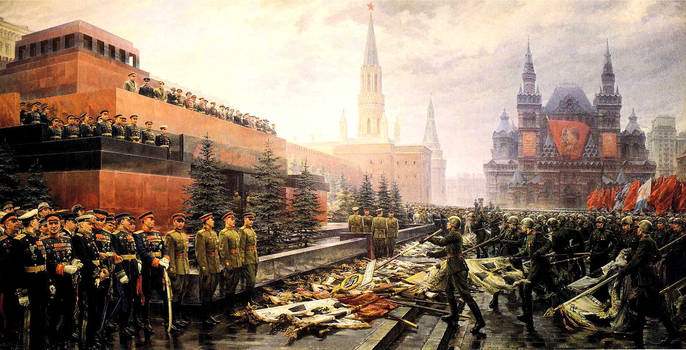
Source: history.com 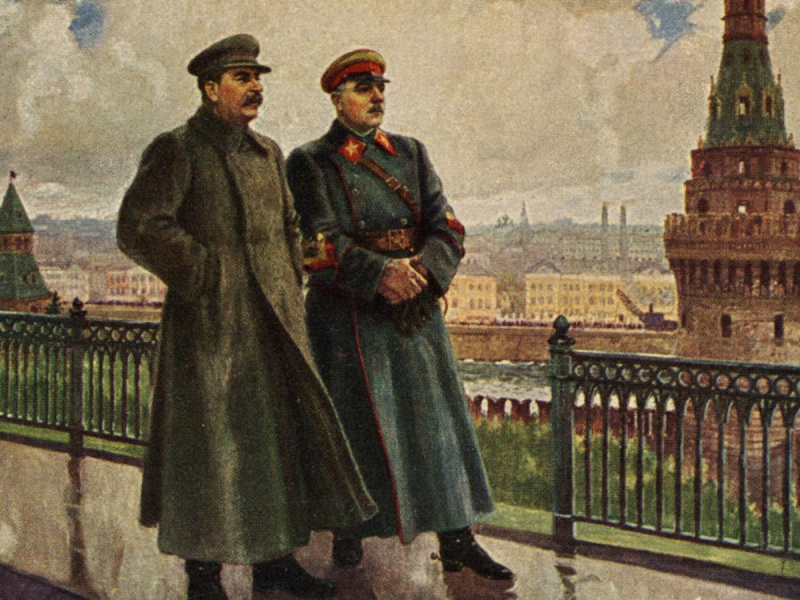
Source: history.state.gov -
Russian Empire, a historical empire founded on November 2, 1721, when the Russian Senate conferred the title of emperor (imperator) of all the Russias upon Peter I. The abdication of Nicholas II on March 15, 1917, marked the end of the empire and its ruling Romanov dynasty. The Russian Empire spanned parts of Europe, Asia, and North America from 1721-1917. After the Bolsheviks took power, the Soviet Union was established in 1922. The Russian Empire is recognized as one of the most powerful colonial empires of the 20th century.
The Russian Empire stretched from the Baltic Sea and Eastern Europe to the Pacific Ocean. It controls about one-sixth of the Earth's area and has a population of about 128 million. It has the largest army in Europe with 1.5 million men and can be quadrupled when reservists and conscripts are called up. World War I was the main cause of the collapse of the Russian Empire. Millions of people died, industries collapsed and there was famine. The war also changed the map of Europe, resulting in Russia losing control of Poland, Finland, Lithuania, Estonia, and Latvia. The then-leader Nicholas II was overthrown by the Communist Party that established the Soviet Union.
- Major Events: Russian Revolution, Russo-Japanese War, Russo-Turkish wars, Russian Revolution of 1905, Crimean War
- Key People: Peter I, Catherine the Great, Sergey Yulyevich, Graf Witte, Konstantin Petrovich Pobedonostsev
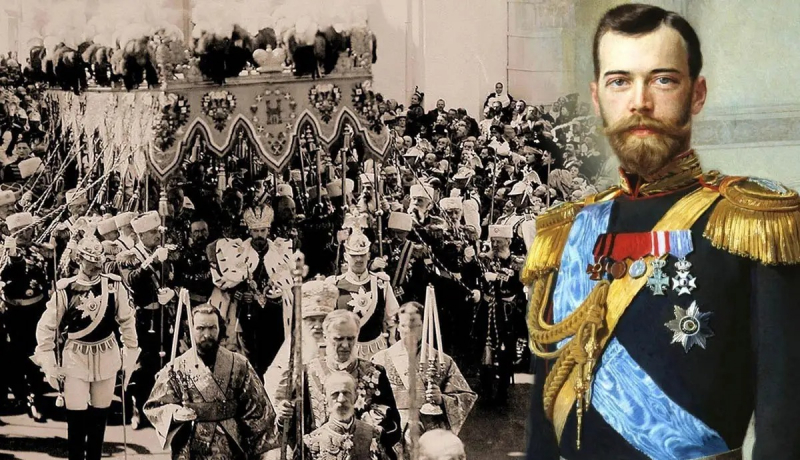
Source: historycollection.com 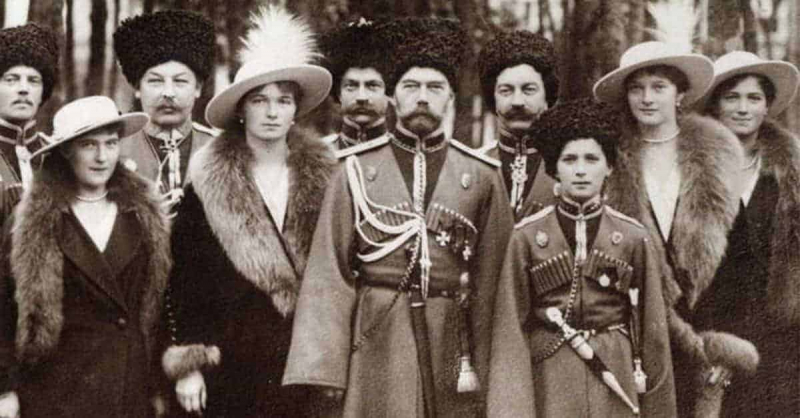
Source: historycollection.com -
The French Empire includes the overseas colonies, protectorates, and mandate territories that came under French rule from the 16th century forward. A distinction is generally made between the "First French Colonial Empire", which existed until 1814, by which time most of it had been lost or sold, and the "Second French Colonial Empire", which began with the conquest of Algiers in 1830. At its apex between the two world wars, the second French colonial empire was the second-largest colonial empire in the world behind the British Empire. France probably could have become the leading European colonial power in the 17th and 18th centuries. It had the largest population and wealth, the best army while Louis XIV ruled, and, for a time in his reign, the strongest navy. But France pursues a spasmodic overseas policy because of an intense preoccupation with European affairs; England, France's ultimately successful rival, was freer of such entanglements.
At the time of World War II, the French empire was the only empire in the whole world comparable to the British empire. The French Empire covers an area of more than 5 million square miles with a population of 65 million. France has more than 15 colonies in Africa. In Southeast Asia, the French took power in Indochina. In the Pacific, France holds Tahiti and various island groups, as in the Caribbean. After World War I, it captured Syria and Lebanon from the Ottomans and parts of Togo and Cameroon from the Germans. The French colonial empire began to disintegrate during the Second World War when various parts of its empire were occupied by other great powers such as Japan, Great Britain, the United States, and Germany. Many French colonies gained their independence from the 1950s to the 1960s. The French Empire deserves to be one of the most powerful colonial empires of the 20th century.
- Major Events: French Union, Declaration of the Fifth Republic, The Vichy Regime
- Key People: Napoleon III, Napoleon Bonaparte
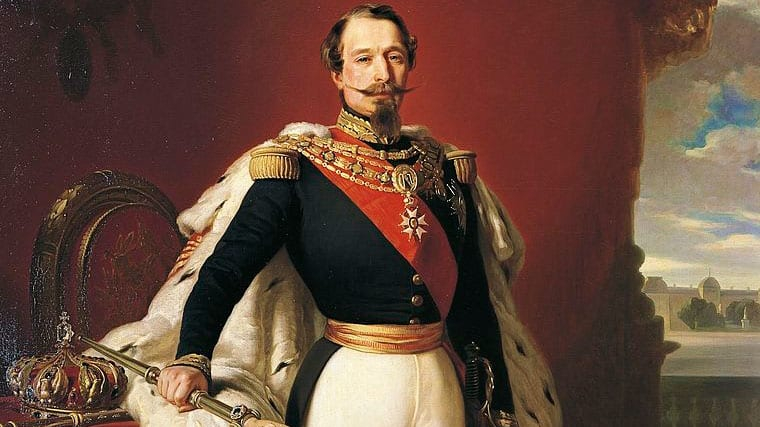
Source: brewminate.com 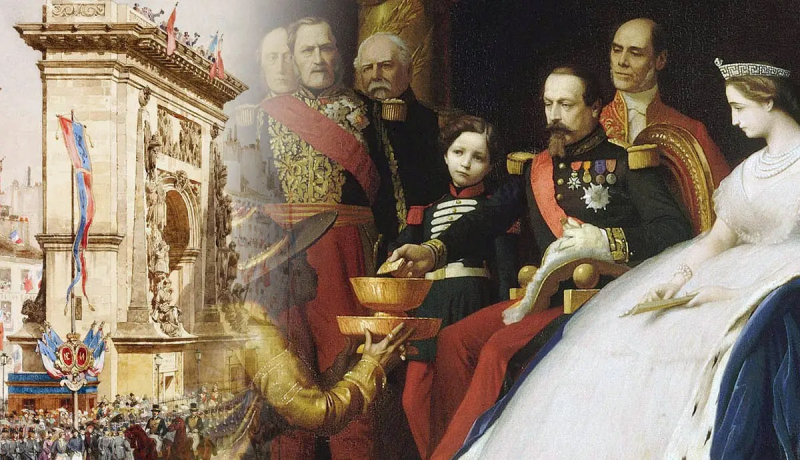
Source: napoleon.org -
Empire of Japan, a historical Japanese empire founded on January 3, 1868, when supporters of the emperor Meiji overthrew Yoshinobu, the last Tokugawa shogun. Power would remain nominally vested in the imperial house until the defeat of Japan in World War II and the enactment of Japan's postwar constitution on May 3, 1947. The Empire of Japan had three emperors, although it came to an end partway through Shōwa's reign. The emperors were given posthumous names, and the emperors were as follows: Meiji, Taisho, and Shōwa. Hirohito was emperor during Japan's militaristic period from the early 1930s to 1945, the end of World War II.
From 1868 to the mid-20th century, Japan created a huge empire stretching from Alaska to Singapore, known as the Empire of Japan - one of the most powerful colonial empires of the 20th century. As a result, they controlled as much territory and people as any European great power. This includes Korea, China, Taiwan, Manchuria, Shandong, the entire coast of China, the Philippines, and the Dutch East Indies. As part of the Allied victory in World War I, Japan was given German colonial Asian territories by Germany. These include Tsingtao, on China's Shantung peninsula, and formerly German-administered islands in Micronesia. Japan's pursuit of more land in China and its tripartite pact with Germany and Italy led to World War II. Japan lost and surrendered to the colonies in 1945.
- Major Events: Harris Treaty, Charter Oath, Treaty of Kanagawa
- Key People: Saigo Takamori, Ito Hirobumi, Tokugawa Yoshinobu, Tokugawa Nariaki, Matthew C. Perry
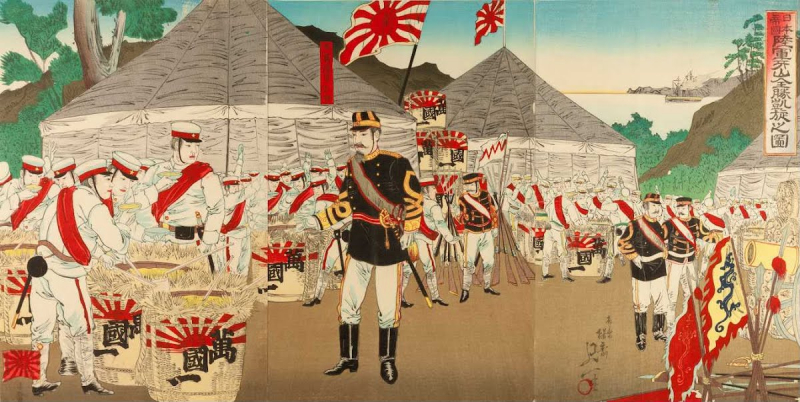
Source: nationstates.net 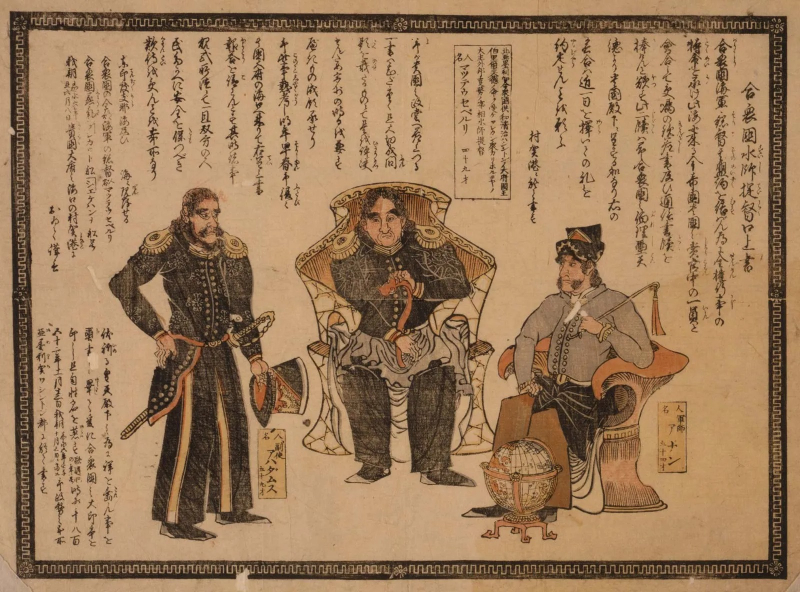
Source: nzhistory.govt.nz -
The Ottoman Empire has controlled much of the Middle East and North Africa since the early 16th century. It has its headquarters in Constantinople (later renamed Istanbul), Turkey. At the beginning of World War I, there was an uprising from the population of the empire and the rebels received support from Britain and France to fight against the imperial government. After the war, a treaty was signed between the War Allies and the Ottoman Empire. The Ottoman period spanned more than 600 years and came to an end only in 1922 when it was replaced by the Turkish Republic and various successor states in southeastern Europe and the Middle East. Ottoman Empire is an empire that cannot fail to be mentioned in the list of the most powerful colonial empires of the 20th century.
From the treaty, France and Britain on Syria, Lebanon, Palestine, Jordan, and Iraq. The Greeks took control of eastern Thrace and 'Ionia' (west of Anatolia) while the Italians had the Dodecanese islands and a sphere of influence in southwestern Anatolia. The Armenians were given an independent state, mostly located in eastern Anatolia. Upon the Ottomans' defeat in World War I, a combination of nationalist movements and partition agreements among the Allied powers forced its disintegration into numerous territories, with Turkey as the empire's immediate successor. The Ottoman Empire officially ended on November 1, 1922, when Turkey was declared a republic.
- Major Events: World War I, Napoleonic Wars, French Revolutionary wars, Fall of Constantinople, Armenian Genocide
- Key People: Kemal Ataturk, Mehmed II, Philip II, Leopold I, Janos Hunyadi
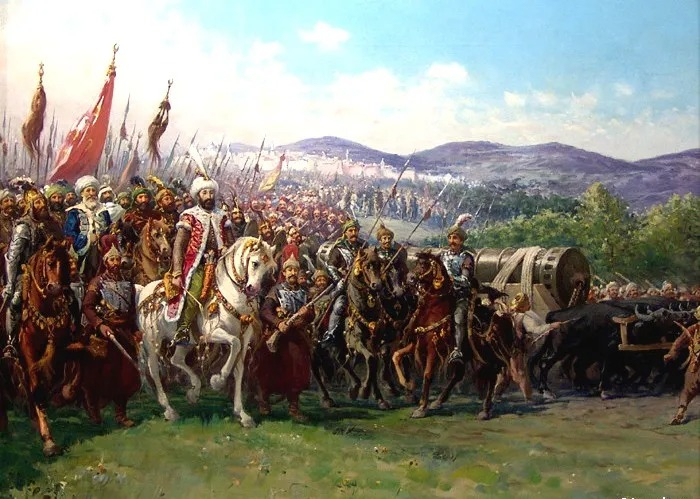
Source: islamtheultimatepeace.com 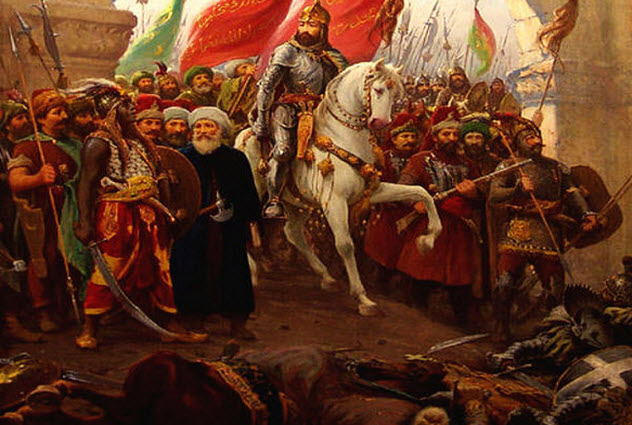
Source: nationalgeographic.com -
The Portuguese Empire kick-started the Colonial Era in Europe. It was, indeed, the first colonial empire - that is, to discover, claim and often exploit faraway lands - and had its beginnings in the 15th Century. Although it collapsed almost entirely in the 1970s, a number of its colonies have now been incorporated into 'Portugal proper' - Azores and Madeira; they are as much a part of Portugal as Lisbon. The Portuguese empire was a great empire of humanity, and in fact, it was the longest empire of the modern era spanning almost 600 years of existence. The Portuguese Empire originated at the beginning of the Age of Discovery, and the power and influence of the Kingdom of Portugal would eventually expand across the globe.
The Portuguese were the first Europeans to claim territory in sub-Saharan Africa. However, it had a small size and an economy that had been weakened by several years of war. Its colonies include Angola, Mozambique, Guinea-Bissau, Cape Verde, Sao Tome, Principe, Goa, East Timor, and Macau. In 1961, India took Goa from the Portuguese and it became an Indian state. In 1974, there was a new government in Portugal. It granted independence to Angola, Mozambique, Guinea-Bissau, Sao Tome, Principe, Cape Verde, and East Timor in 1975. Macau was the last country to leave the empire when it was handed over to China in 1999. The Portuguese Empire was considered an indispensable name in the list of the most powerful colonial empires of the 20th century.
- Major Events: Military Dictatorship, Salazarism, Colonial War, Carnation Revolution, Adhesion to the European Union
- Key People: Amadeo de Souza-Cardoso, Fernando Pessoa, Amália Rodrigues
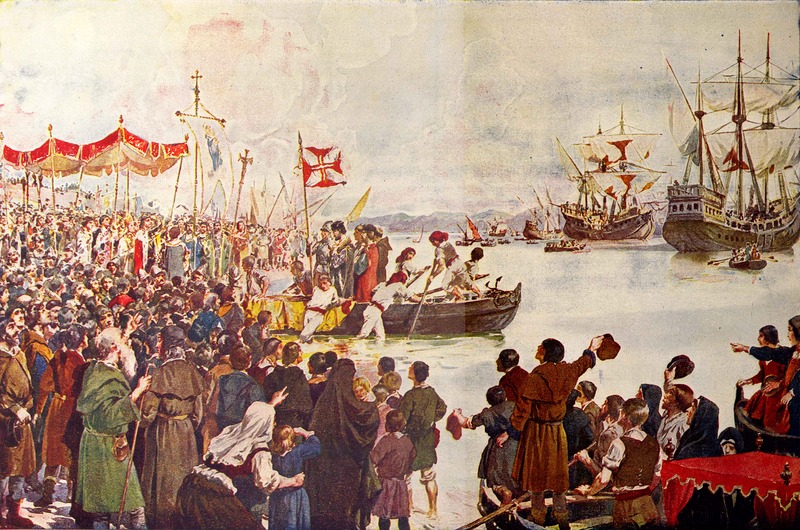
Source: worldhistory.org 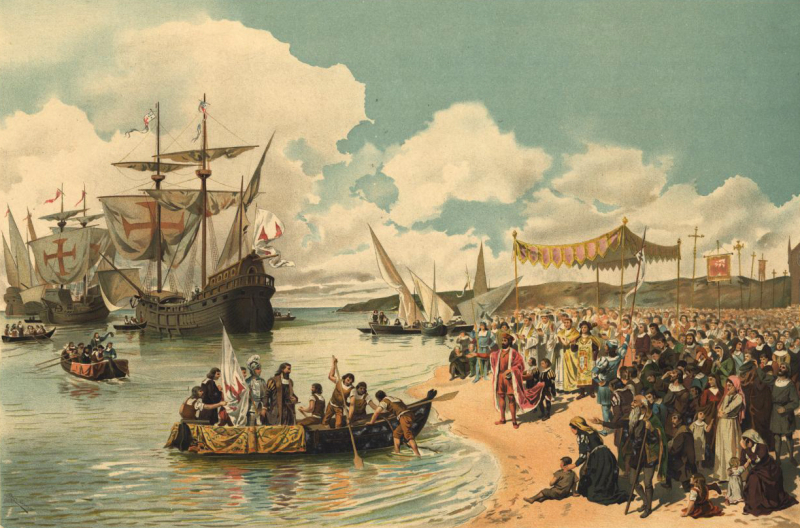
Source: theawarenessnews.com -
The German Colonial Empire constituted the colonies, dependencies, and overseas territories of the German Empire. Unified in the early 1870s, the prime minister of the period was Otto von Bismarck. Brief attempts at colonization of individual German states had occurred centuries before, but Bismarck resisted pressure to build a colonial empire until the Scramble for Africa. Claiming most of the remaining decolonized parts of Africa, Germany built the third empire, the largest colonial empire at the time, after the British and the French. The German Colonial Empire included parts of several African countries, including parts of present-day Burundi, Rwanda, Tanzania, Namibia, Cameroon, Gabon, Congo, Central African Republic, Chad, Nigeria, Togo, and Ghana, as well as northeastern New Guinea, Samoa, and many Micronesian islands. Germany lost control of most of its colonial empire at the beginning of World War I in 1914, but some German forces held out in German East Africa until the war's end. After Germany's defeat in World War I, the German colonial empire was officially dissolved with the Treaty of Versailles. Each colony became a League of Nations mandate under the supervision (but not ownership) of one of the victorious powers.
Germany was late in colonizing but was still capable of building small empires. In Africa, Germany buys Cameroon, Tanzania, Namibia, and Togo. It also ventured into the southern Pacific to capture northeastern New Guinea, the Bismarck Islands, and island groups to the northeast such as the Carolines, Marianas, Marshalls, Samoa, and Nauru. In addition, it also occupied a Chinese port city - Tsingtau. After the First World War, its various colonies, especially in Africa, were occupied by Britain. Japan took over lands in the Pacific Ocean. The German colonial empire ended after its defeat in war and the Treaty of Versailles on January 10, 1920. Thus, the German Colonial Empire is one of the most powerful colonial empires of the 20th century.
- Major Events: Herero Wars, Maji Maji Rebellion, Franco-German War, Algeciras Conference
- Key People: Otto von Bismarck, Helmuth von Moltke, Friedrich Ebert, William II, August Bebel
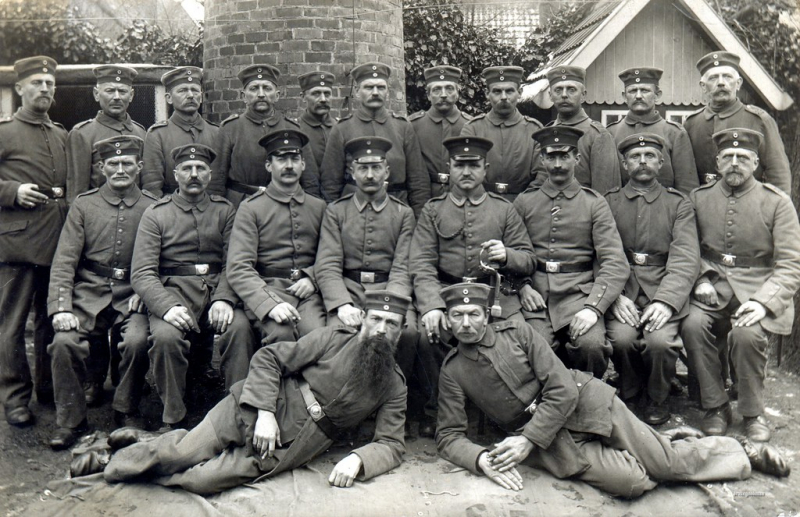
Source: deviantart.com 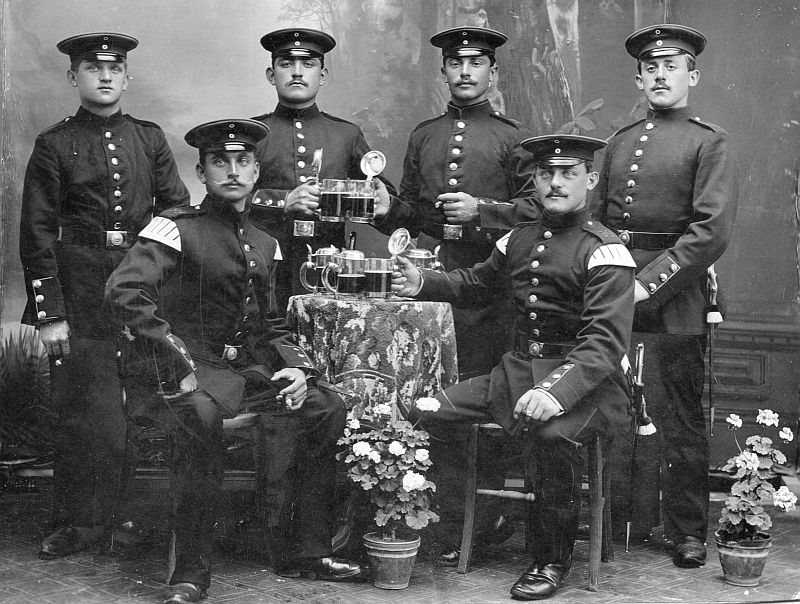
Source: feefhs.org -
The Italian colonial empire, known as the Italian Empire (Impero Italiano) from 1936 to 1943, began in Africa in the 19th century and consisted of colonies, protectorates, concessions, and dependencies of the Kingdom of Italy. In Africa, the colonial empire included the territories of present-day Eritrea, Somalia, Libya, and Ethiopia; outside Africa, Italy owns the Dodecanese Islands (after the Italian-Turkish War), and Albania, and has made concessions to China. The Fascist government that came to power with dictator Benito Mussolini after 1922 sought to increase the size of the Italian empire and to satisfy the demands of the Italian dissidents. The Italian Empire is considered one of the most powerful colonial empires of the 20th century.
Italy is the last country involved in the scramble for Africa and can only take what is left of the others. Italian Empire controls a territory of about 780,000 square miles and a population of over one and a half million. Its main colonies include Somaliland, Eritrea, and Libya. Libya was the largest and most important of the Italian colonies. Italy also controlled Rhodes, the Dodecanese, and a few areas of Tientsin in China. Italy's last acquisition was Albania in 1939. After World War II, most of Italy's land was expropriated by the British leading to the end of the Italian colonial empire.
- Major Events: Italy in World War I, Fascism, Italy in World War II, Civil War, Years of Lead, Maxi Trial
- Key People: Prince Amedeo of Savoy-Aosta, Camillo Benso, Charles Albert, Francesco Crispi, Luigi Carlo Farini
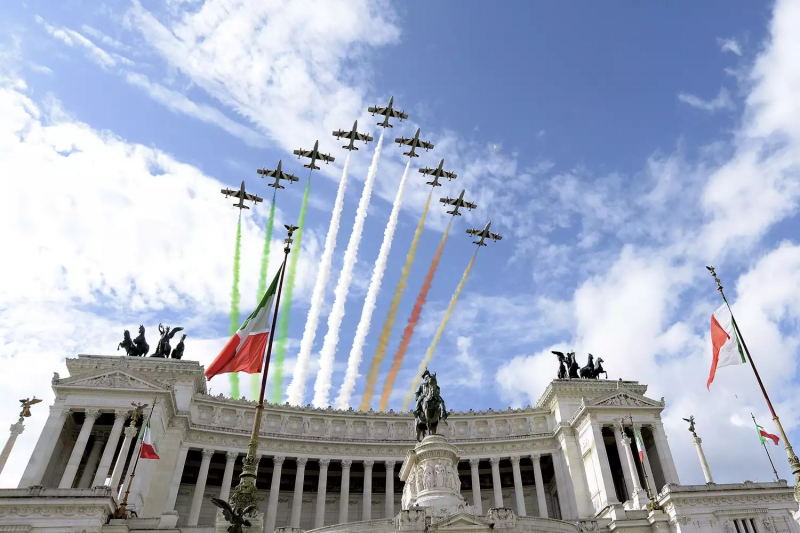
Source: britannica.com 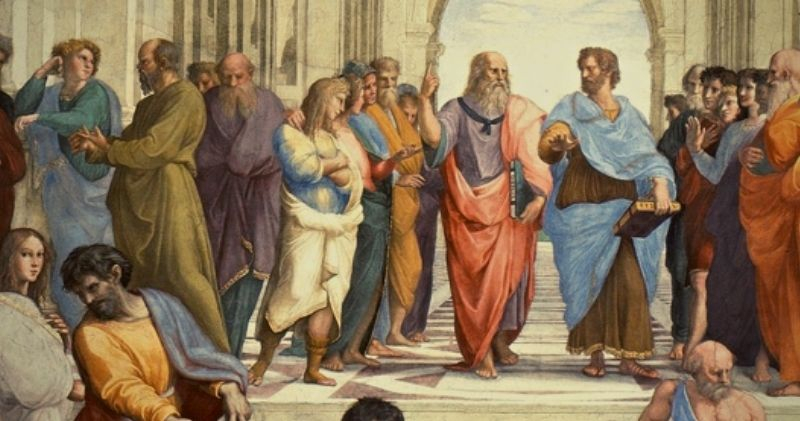
Source: thoughtco.com -
Austria-Hungary, also known as the Austro-Hungarian Empire or Austro-Hungarian Monarchy, proper name Dual Monarchy - from the Constitutional Compromise of 1867 between Austria and Hungary until the empire's fall in 1918. Central Power, the Coalition during World War I consisted mainly of the German Empire and Austria-Hungary, the "central" states of Europe that had been at war since August 1914 against France and Great Britain on the Western Front and against Russia on the Eastern Front Germany, Austria-Hungary and Italy were parties to a secret agreement, the Triple Alliance, from 1882 until World War I, but Italy joined the war against Germany and Austria-Hungary. The Ottoman Empire entered the war on the side of the Central Powers on October 29, 1914, as did Bulgaria on October 14, 1915.
At the turn of the century, the Austro-Hungarian Empire was the largest political entity in continental Europe. It occupies most of central Europe with an area of nearly 700,000 square kilometers. There were 11 major ethnolinguistic groups in the empire: Germans, Hungarians, Poles, Czechs, Ukrainians, Slovaks, Slovenes, Croats, Serbs, Italians, and Romanians. After World War I, the Austro-Hungarian Empire was split into separate parts and lost nearly 75% of its former land, which was then divided among Romania, Czechoslovakia, Yugoslavia, Poland, and Italy. Austria and Hungary were deliberately left out economically and militarily to prevent them from becoming a threat in the future. This is one of the most powerful colonial empires of the 20th century.
- Major Events: World War I, Treaty of Versailles, Battle of Caporetto, Battles of the Isonzo, Bosnian crisis of 1908
- Key People: Johannes Brahms, Franz Joseph, Franz Kafka, Edward Teller, Tomas Masaryk
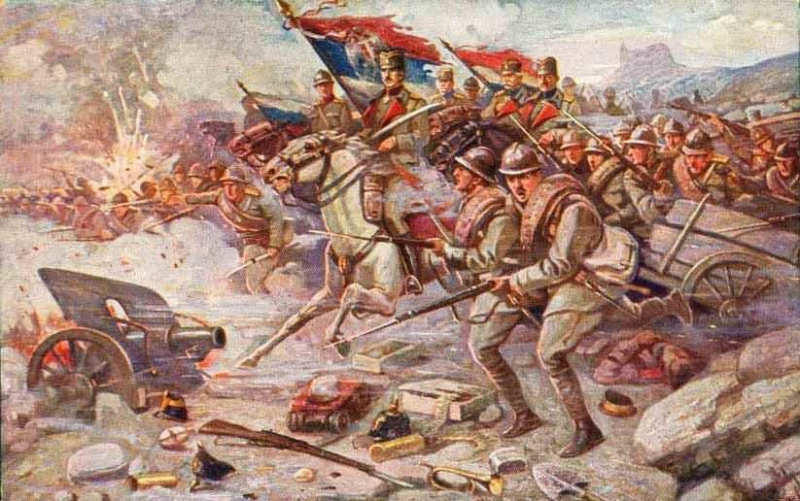
Source: nzhistory.govt.nz 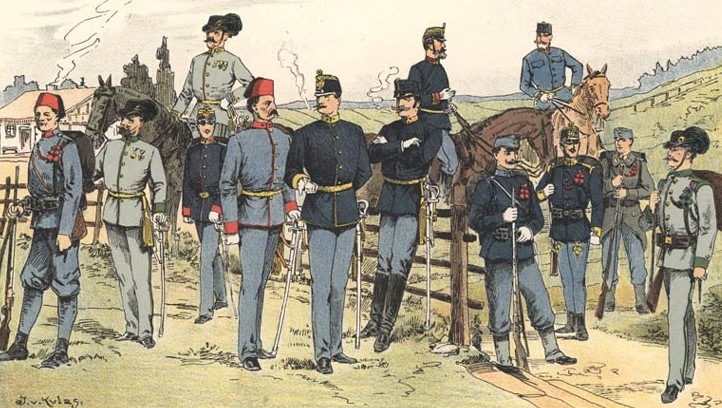
Source: economist.com












